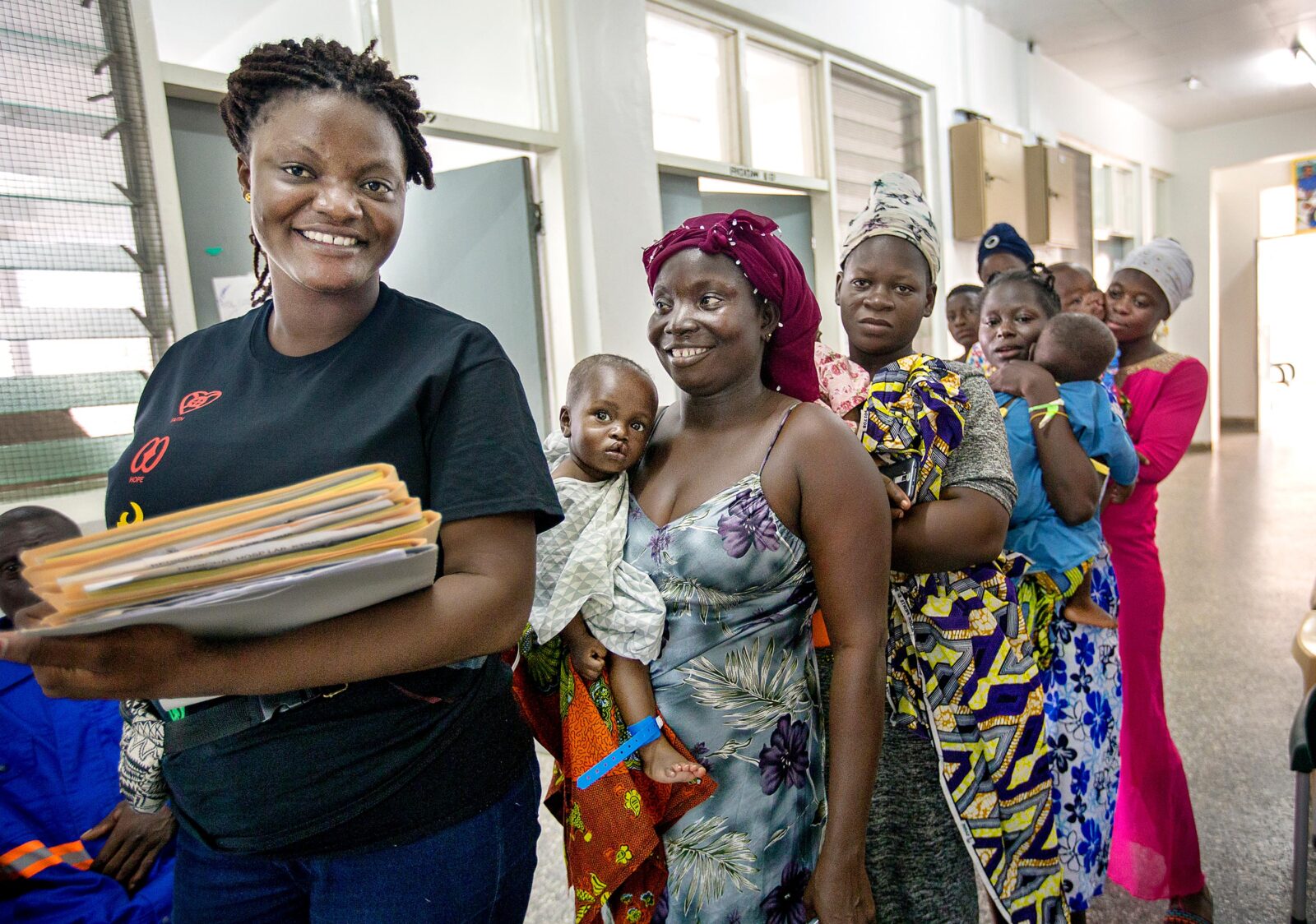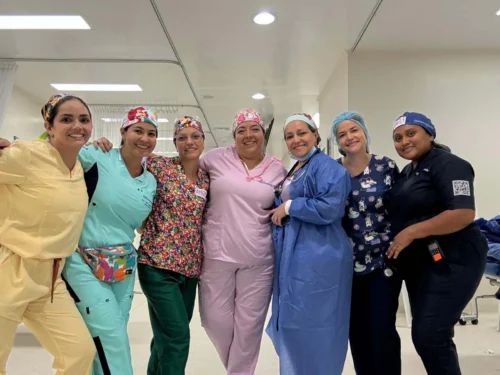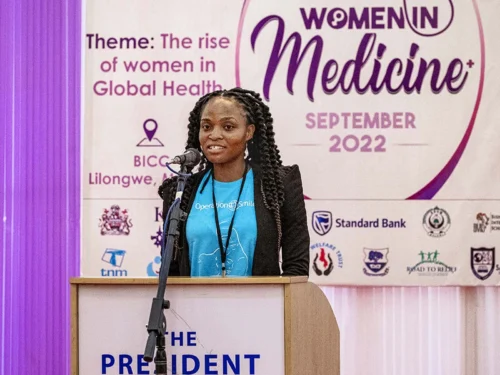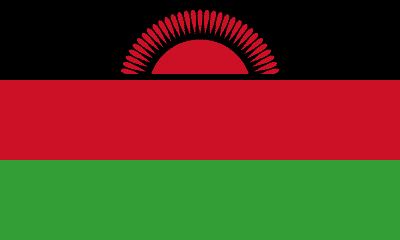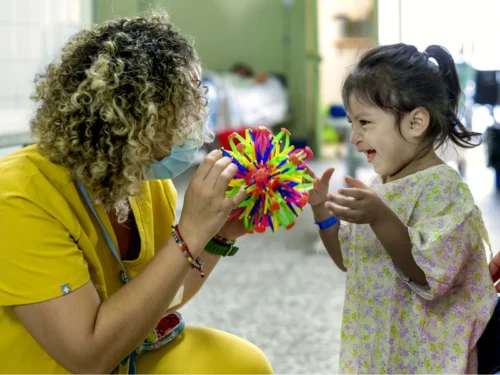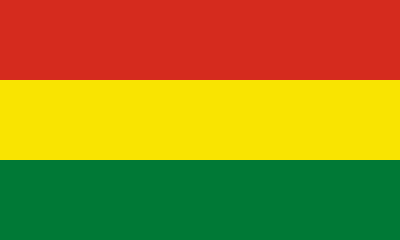From Cape Coast to Koforidua, the Operation Smile Ghana team has rapidly changed the way people living in the most remote and impoverished places in the country are accessing cleft surgery.
In the process, they’re also changing perceptions on deep-rooted stigma surrounding cleft conditions in the country.
The upstart foundation reached the milestone of hosting its first local medical mission at Eastern Regional Hospital in Koforidua in January 2018. In three days, Ghanaian medical professionals provided 32 of their fellow Ghanaians with life-changing cleft surgeries.
And it didn’t cost patients or their families a single cedi. Operation Smile Ghana also covers the costs of transportation, food, water and lodging during medical missions.
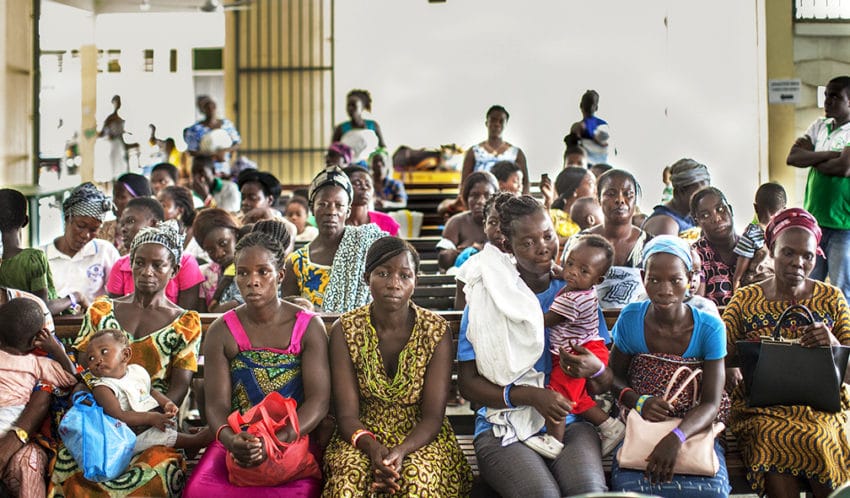
In the past three years since becoming a registered Ghanaian nonprofit, medical director Dr. Opoku Ampomah, regional manager Sabrina Ghiddi, patient coordinator Clement Ofosuhemeng and program coordinator Lucy Apeajei have ushered in an era of tremendous growth. From emerging medical professionals joining an ever-growing volunteer team to receiving resounding support from the Ghanaian business community, Operation Smile Ghana has become the largest provider of cleft care in the country.
“To organize a local mission, there are so many aspects that you really need to work on,” Sabrina said. “First of all, find the patients, organize all of the logistics so the patients come to the mission site, find sponsors who believe in our cause, then you find a hospital that will open its doors, you need to find a shelter to accommodate hundreds of our patients and their families, and then we have to deliver safe surgery to our patients.”
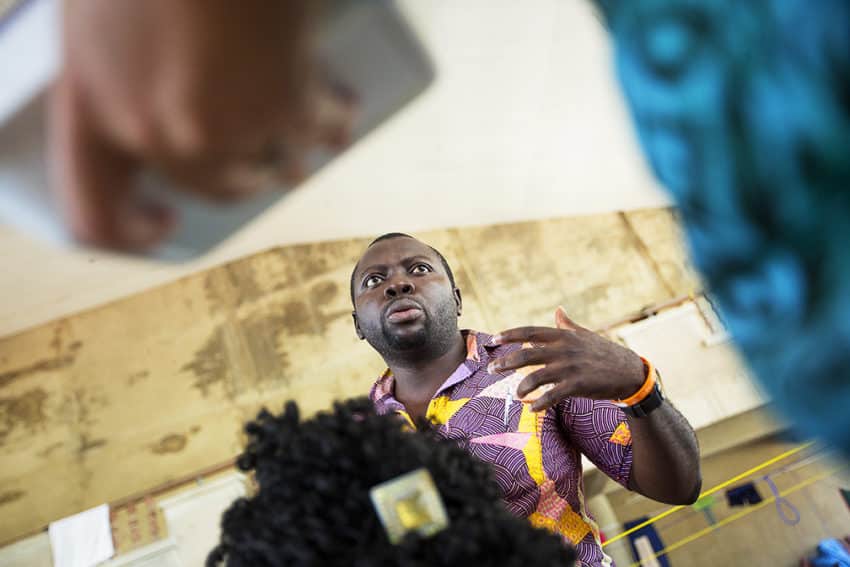
But with local missions come unique challenges.
“When you organize an international mission, you have the opportunity to choose among the thousands of volunteers available all over the world. But when it comes to a local mission, you need to find the resources within the country,” Sabrina said. “So you need to recruit the volunteers, you need to train them so they are able to reach international standards to provide the high quality care to patients in Ghana.”
Opoku added: “While the international missions are great, and we look forward to the mutual learning that takes place during these missions, the local missions are also very important to be able to reach more patients and also to be able to assess more remote areas.”
And the remote areas of Ghana are where the stigma of cleft runs deep in the culture. Sabrina and Clement steadily conduct cleft awareness and patient recruitment campaigns that educate people about the true nature of cleft conditions – that they are surgically treatable and not the result of a supernatural curse – and that there are people who are willing to help.
“And I’ve been through all the regions in Ghana, and I can say for sure that the stigma runs through all the regions. They see them to be from the rivers. They see them to be from the smaller gods. They see them to be animals,” Clement said. “Of course, if the person is educated, then that person knows that it is possible for surgery to be done. And if the person is also around people that are well-enlightened about this particular condition, then that person will get proper counsel.”
Their first patient recruitment push for the April 2015 mission to Cape Coast, Clement’s first, proved to be pivotal.
Prior to that mission, patient turnout numbers were dwindling in Ghana, putting Operation Smile’s work in the country at risk. Both Clement and Sabrina knew that the patients and families were out there, mostly scattered around the thousands of remote villages in the country. However, they were just not being reached nor convinced – nor able – to receive Operation Smile’s care.
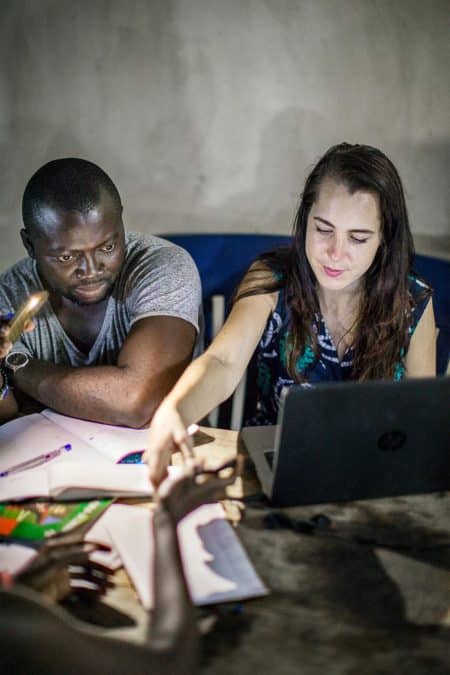
Inspired to do more to help, Sabrina and Clement mounted aggressive cleft awareness and patient recruitment campaigns ahead of the Cape Coast mission. The message of hope and healing resulted in a turnout of more than 400 potential patients, proving that the patients were, indeed, out there.
Since then, more than 300 potential patients have arrived to each of the following international missions.
Suddenly, it became clear that the need for cleft surgery in Ghana was massive. Operation Smile strengthened its investment in the country and began conducting two large-scale international medical missions per year there.
Under the medical leadership of Opoku, the head Ghana’s National Reconstructive Plastic Surgery and Burn Centre, Operation Smile Ghana continued to attract medical professionals from across the country to volunteer and benefit from the training and education opportunities offered at the missions.
“You can see that this has helped to increase the capacity of the local staff and it’s helping them to deliver better, quality care not just for patients with cleft, but for all of the other patients that they see,” Opoku said.
All the while, Sabrina has steadily secured critical corporate partnerships that have fostered the exponential growth of the foundation.
With Lucy strengthening her skills through coordinating the international missions with the support of Operation Smile Global Headquarters, the stage was set for Operation Smile Ghana to enter into a new era. Now, the team is able to reach more patients than ever before by adding two local missions per year to its program schedule.
“I’m proud of the team coordinating everything together to make (the first local mission) very successful,” Lucy said. “I’m proud of our volunteers, the local volunteers, going to the stage and making this mission a safest and most successful one.”

